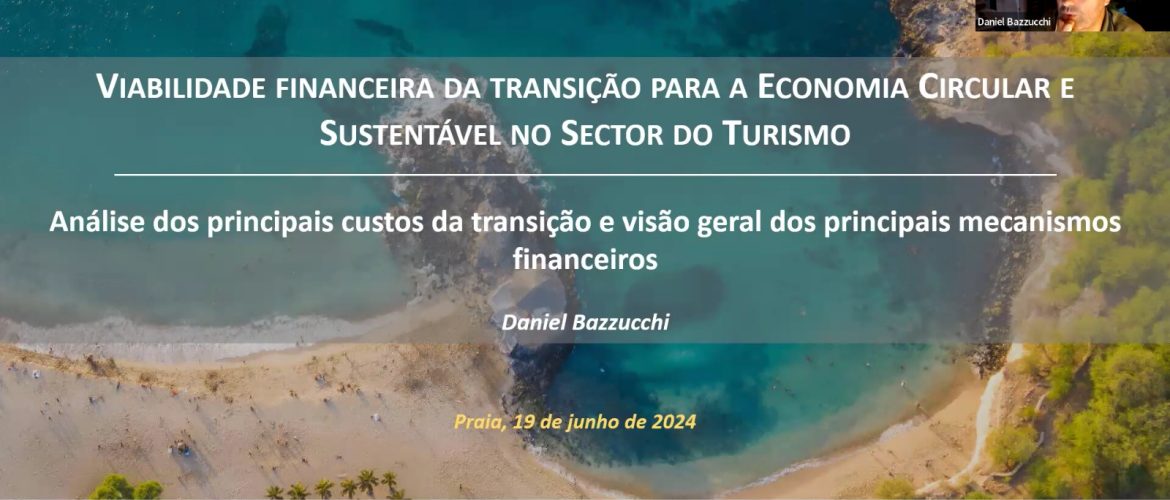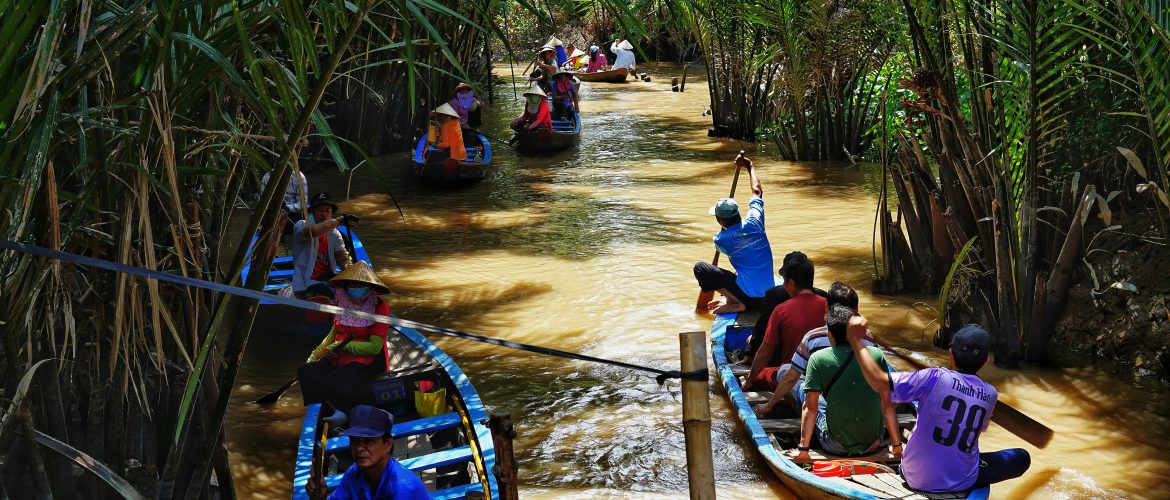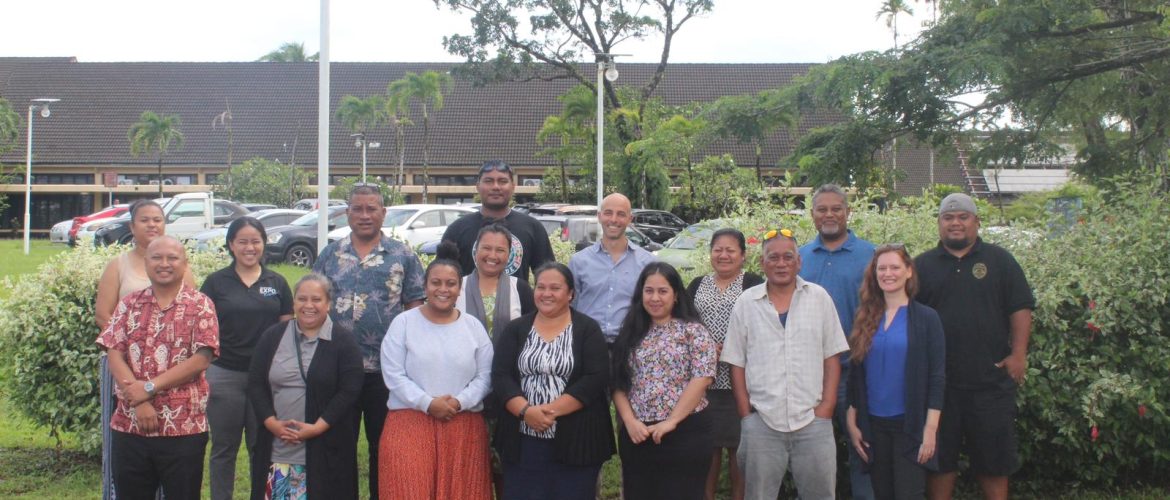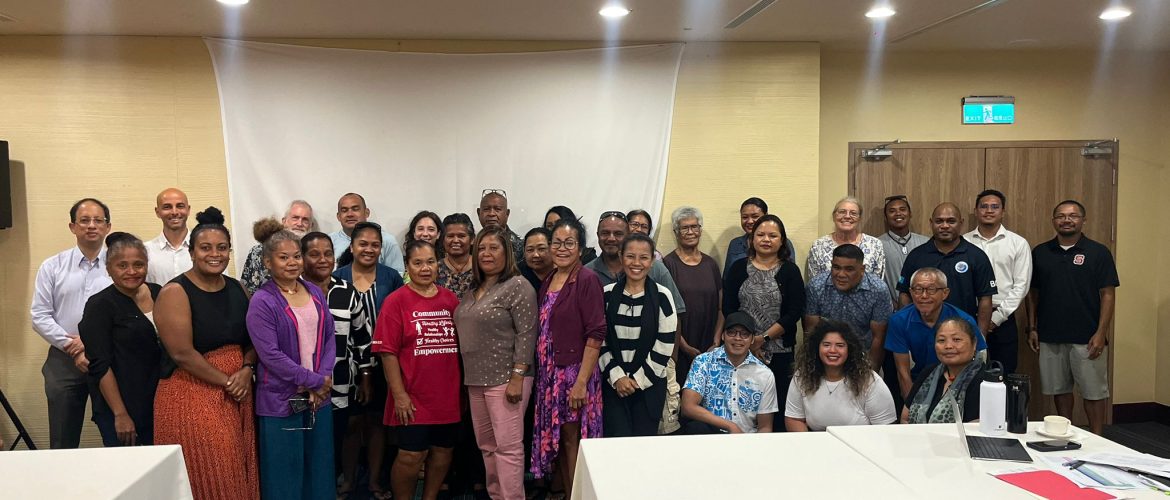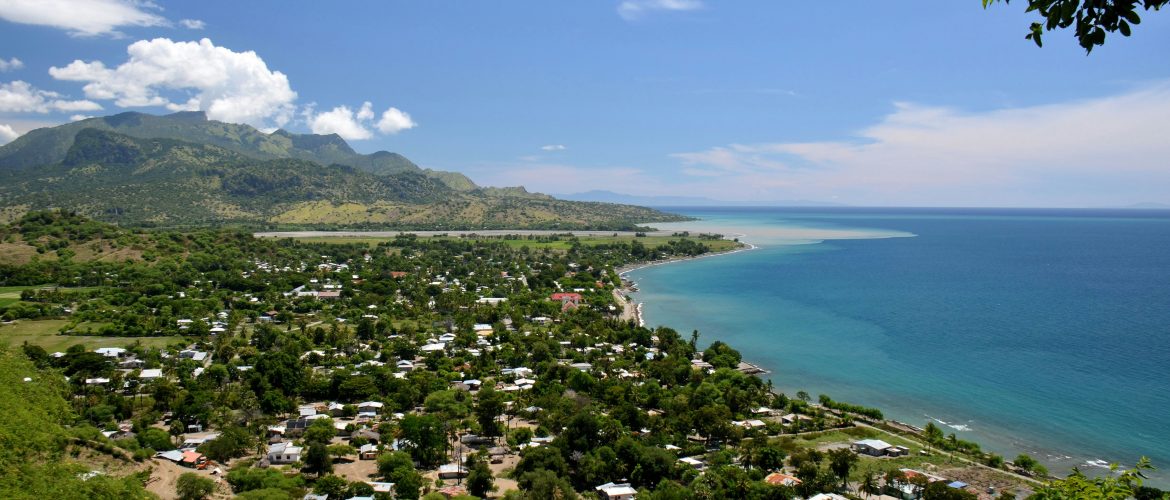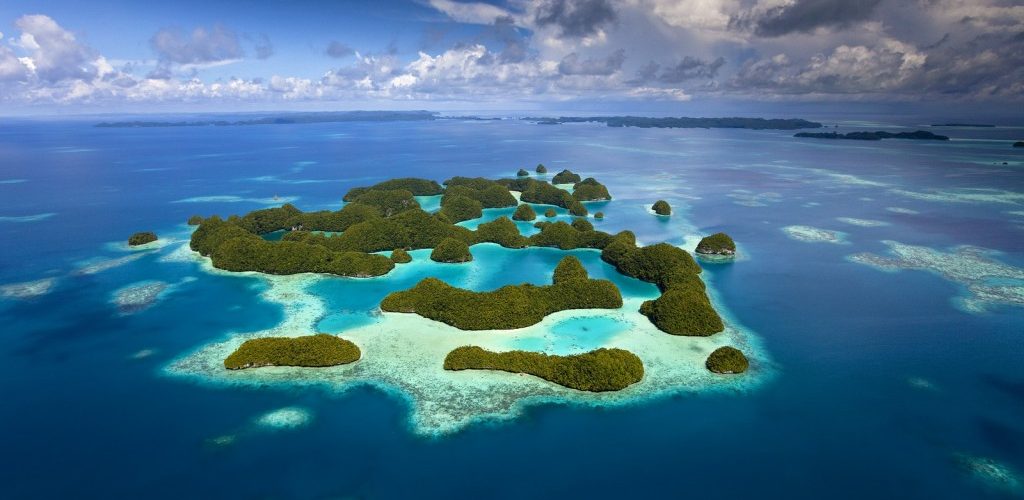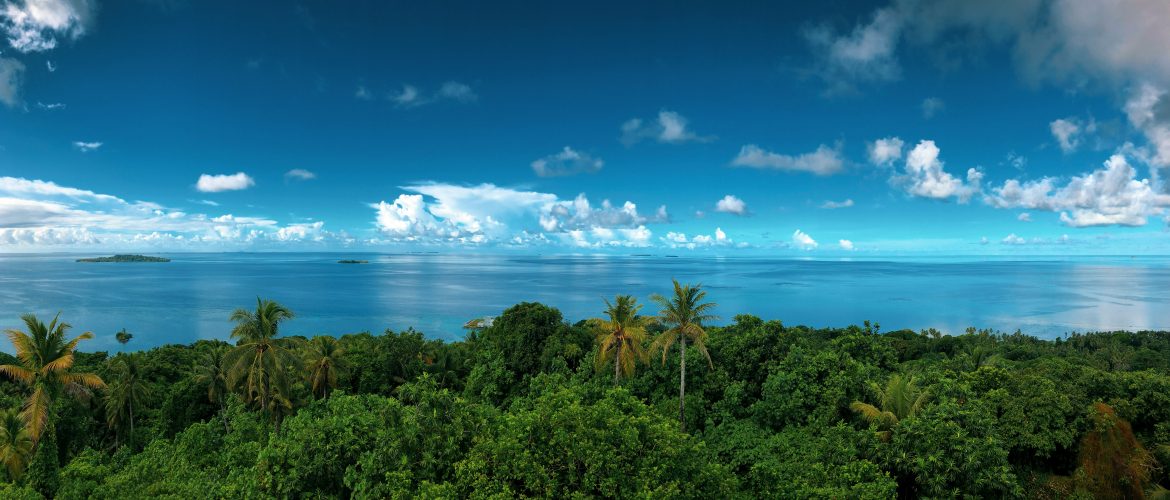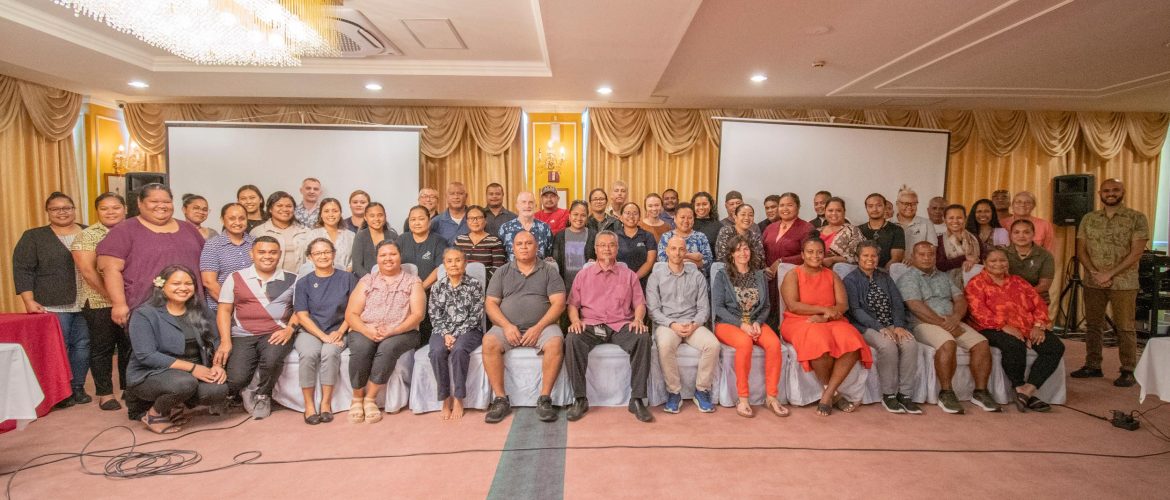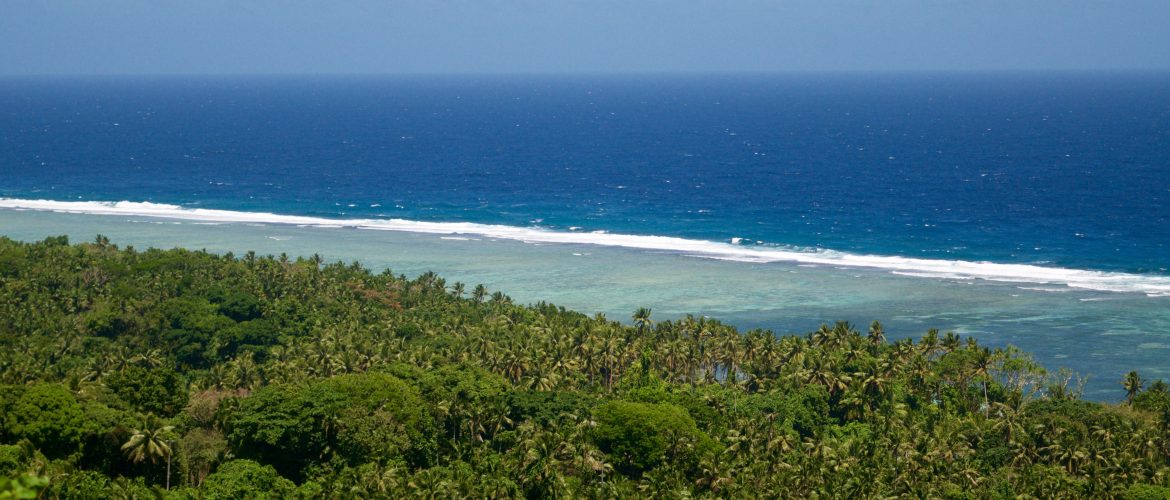Daniel Bazzucchi, international environmental consultant of SETIN, participated in the “Training Workshop for Trainers on Assessing the Financial Viability of Circular and Sustainable Tourism Interventions”. This event, held in Cape Verde, brought together some of the leading experts and industry leaders to promote sustainable and circular tourism practices. The “Training Workshop for Trainers on Assessing the Financial Viability of Circular and Sustainable Tourism Interventions” is a cornerstone for developing effective strategies that combine economic sustainability with responsible environmental practices in
SETIN has been contracted to prepare the Project Preparation Grant (PPG) for the “Enhancing Transboundary Fisheries Management in the Lower Mekong Basin” under IUCN’s supervision, serving as the GEF Agency. This initiative targets significant challenges and opportunities within the Lower Mekong Basin (LMB), recognized as the world’s most extensive inland fishery and a biodiversity hotspot, ranking third in biodiversity after the Amazon and Congo river systems. This region not only supports a substantial portion of the regional economy through fishing but
We are excited to announce the significant progress made during the Validation Workshop for the “Micronesia: Tourism Support for Biodiversity Conservation” project, held on the 16th of May at DECCEM. This key event is a step forward for the GEF Child Project, which is part of the Blue and Green Islands Integrated Program (BGI IP) with the International Union for Conservation of Nature (IUCN) as the GEF Agency. The project team was represented by Giacomo Cozzolino, PPG team Leader. The workshop
In alignment with our ongoing commitment to enhancing sustainability and fostering innovation within Palau’s food systems, we are delighted to announce the successful execution of the Validation Workshop for the “Transforming Productivity in Palau’s Food Systems through Nature Positive Innovations” project. This crucial gathering, held on the 14th of May at the Palasia Hotel, represents a pivotal milestone for this GEF Child Project, under the auspices of the GEF-funded Blue and Green Islands Integrated Program (BGI IP), with the International
East Timor is home to a diverse range of globally significant ecosystems, including tropical rainforests, mangroves, wetlands, and rich marine life. Its coastal wetlands, both freshwater and brackish, support threatened species of resident and migratory waterbirds as well as endangered marine fauna. In addition, wetlands and mangroves provide essential coastal protection and sustain local livelihoods. However, habitat degradation from slash and burn agriculture and a growing human population threaten these valuable ecosystems. Preserving East Timor’s biodiversity is vital for key sectors
As mentioned in a previous article, SETIN was contracted to draft the Project Preparation Grant (PPG) of the “Transforming productivity in Palau’s food systems through nature positive innovations project for the Republic of Palau” GEF Child Project, with the International Union for Conservation of Nature (IUCN) as the GEF Agency. This Child Project is developed under the GEF funded Blue and Green Islands Integrated Program (BGI IP). In Palau, unsustainable practices in food systems prevail, and there is also insufficient
As mentioned in a previous article, SETIN was contracted to draft the Project Preparation Grant (PPG) of the “Micronesia: Tourism Support for Biodiversity Conservation” GEF Child Project, with the International Union for Conservation of Nature (IUCN) as the GEF Agency. This Child Project is developed under the GEF funded Blue and Green Islands Integrated Program (BGI IP). The Project takes for its point of departure the untapped potential of the country’s tourism sector. It aims to protect and improve ecosystems
Over 80% of European habitats are in poor shape. To address this issue, on 22 June 2022, the Commission proposed a nature restoration law aimed at facilitating the long-term recovery of damaged nature across the EU’s land and sea areas. The Commission estimates that the new law would yield significant economic benefits, with every euro invested resulting in at least 8 euros in benefits. What is included in the law? The EU nature restoration law, agreed with member states, will
As mentioned in the previous article, the “Transforming productivity in Palau’s food systems through nature positive innovations” GEF Child Project is developed under the GEF funded Blue and Green Islands Integrated Program (BGI IP). The objectives of the Project Preparatory Grant (PPG) Phase are to review and collect further information, engage stakeholders, conduct consultations, and synthesize the received guidance with international best practices to develop the project document as compliant with GEF, IUCN and participating national government requirements. IUCN, the
Small Island Developing States (SIDS) face unique economic challenges due to their vulnerability to external economic shocks, dependence on tourism, and deep integration into global markets. These economies are heavily reliant on imports, especially of food products, due to their small size and limited resource bases. In SIDS, the tourism, food, and urban sectors play key roles in Gross Domestic Product (GDP), but paradoxically, they are also the main drivers of environmental degradation. The growth of urban centers contributes significantly to


